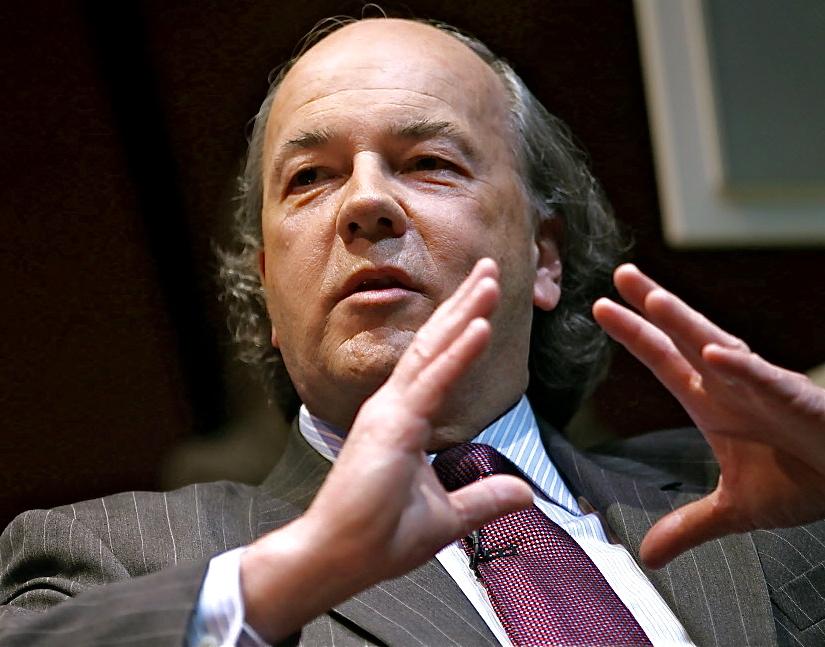China allowed the world to catch a breath on Friday, Jan. 8. Chinese stocks rose 2 percent and the central bank fixed the currency a tad higher. Global stocks are more or less unchanged.
After a week of complete market chaos, this is a welcome break, but it won’t change anything in the long term says James Rickards, author of “Currency Wars” and “The Death of Money.”
“The Chinese are communists and they don’t know anything about capital markets. Putting communists in charge of capital markets is like giving a loaded gun to a 3-year-old,” he told Canadian broadcaster CBC.
He says their biggest mistake was to shock the world by devaluing their currency last August. “You never shock the system; you always let people know what’s coming,” he said. At that time, the move came as a complete surprise and shook the world’s belief in Chinese central planning.






